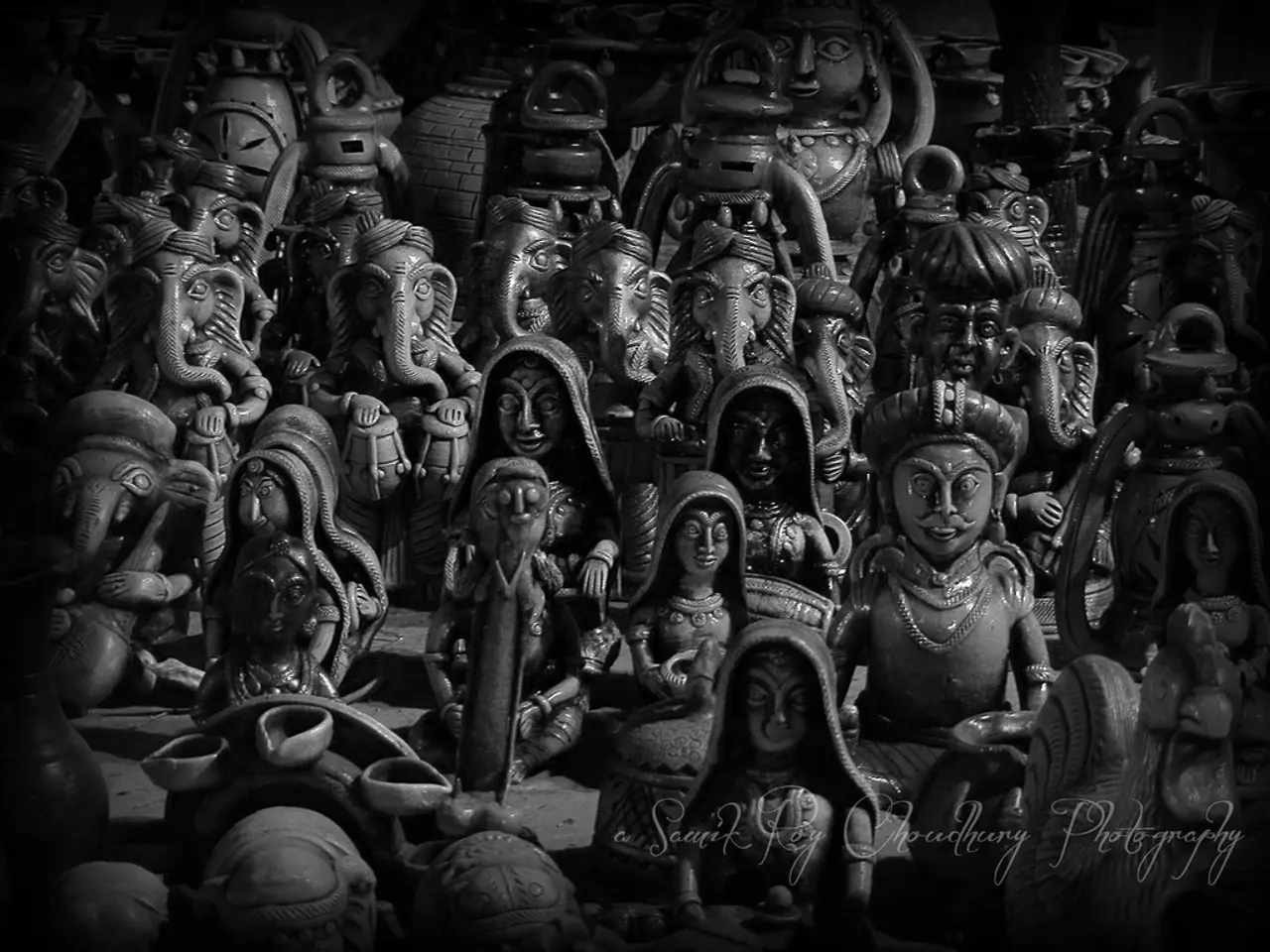Surprising election outcomes in India curb Hindu nationalism, leaving evangelicals uncertain about the future of religious minorities
In the recent general elections held in India, the political landscape has undergone a significant transformation. The National Democratic Alliance (NDA) coalition, led by the Indian National Congress, secured 234 seats, while the Bharatiya Janata Party (BJP) and its allies managed a total of 293 seats, a decrease of 50 seats for the BJP compared to the 2019 elections.
This shift in power has raised expectations of a more inclusive form of government, as the BJP, under the leadership of Prime Minister Narendra Modi, has been criticised for its close ties with business and media dominance, causing a perceived disconnect with public sentiment. Modi, who has been in power for 10 years, presented himself as a key figure for extremist nationalist and Hindu sectors during the campaign.
The decline of the BJP is attributed to disillusionment of its core voters over issues such as unemployment and threats to Indian secularism. For Vijayesh Lal, the general secretary of the Evangelical Fellowship of India (EFI), this change is a historic shift with unexpected results. The EFI monitors religious persecution and claims that there has been an increase in the persecution of Christians, with over 600 incidents in 2023.
The declining representation of Hindu nationalism in Indian politics could potentially ease the release of wrongfully detained Christians and activists. However, Indian society has become polarized around religious issues, and the EFI secretary general sees it as likely that hate crimes committed by non-state actors will decrease, but the overall environment remains tense.
The "other parties" group in the Lok Sabha has only 16 seats, compared to 64 in 2019, potentially making it difficult for the Modi government to extend its political support. For many Christians, the loss of the BJP brings a sense of relief and cautious optimism, as the Modi administration has often marginalized religious minorities.
The non-governmental sector affected by the denial and cancellation of FCRA accounts may also possibly be less targeted, but this is uncertain. The BJP, along with its allies, has a total of 293 seats in India's parliament, which, while giving them a slim majority, means the Indian National Congress, being the main opposition party with 234 seats, is positioned to lead the opposition in parliament.
For Vijayesh Lal, the average Indian committed to the founding ideals of India is happy that the nation has turned from authoritarianism to a hopefully more inclusive form of government. The decline of the BJP's control over the judicial institutions, economic elites, and media in recent years does not seem to have helped convince a large part of the population.
India was one of the countries most devastated by the Covid-19 pandemic, which highlighted inequalities between religious groups in the country. The pandemic's impact, coupled with the political shifts, has left many Indians hopeful for a more equitable future.
Read also:
- United States tariffs pose a threat to India, necessitating the recruitment of adept negotiators or strategists, similar to those who had influenced Trump's decisions.
- Weekly happenings in the German Federal Parliament (Bundestag)
- Southwest region's most popular posts, accompanied by an inquiry:
- Discussion between Putin and Trump in Alaska could potentially overshadow Ukraine's concerns








